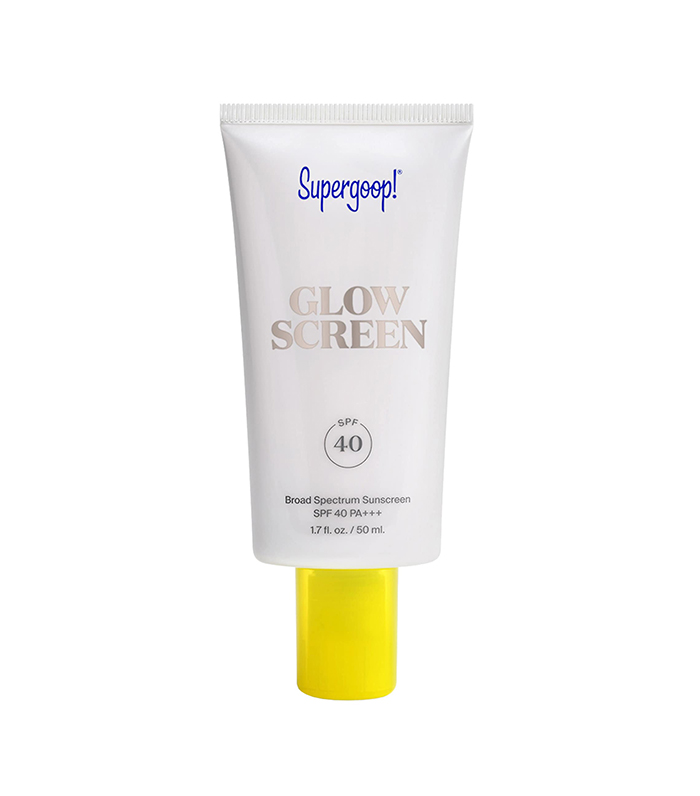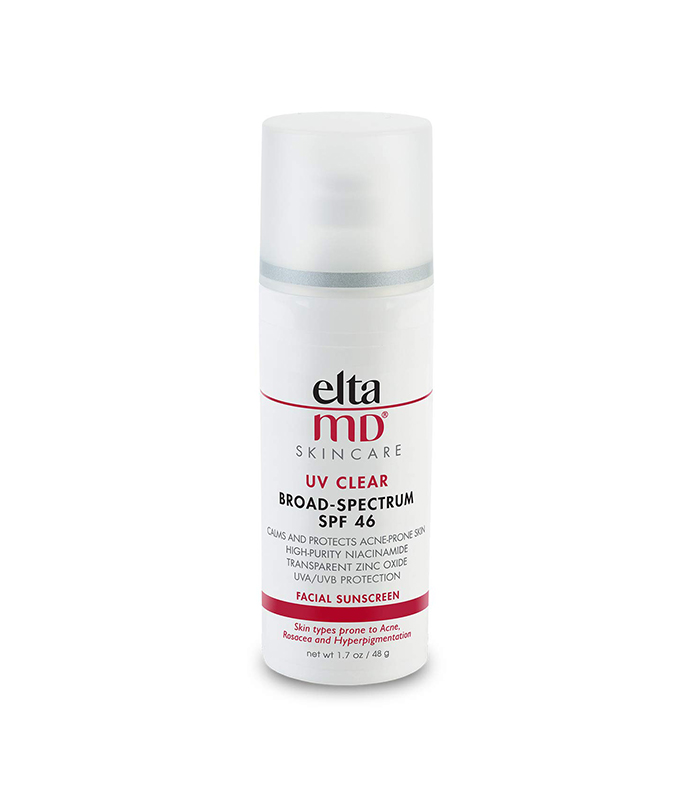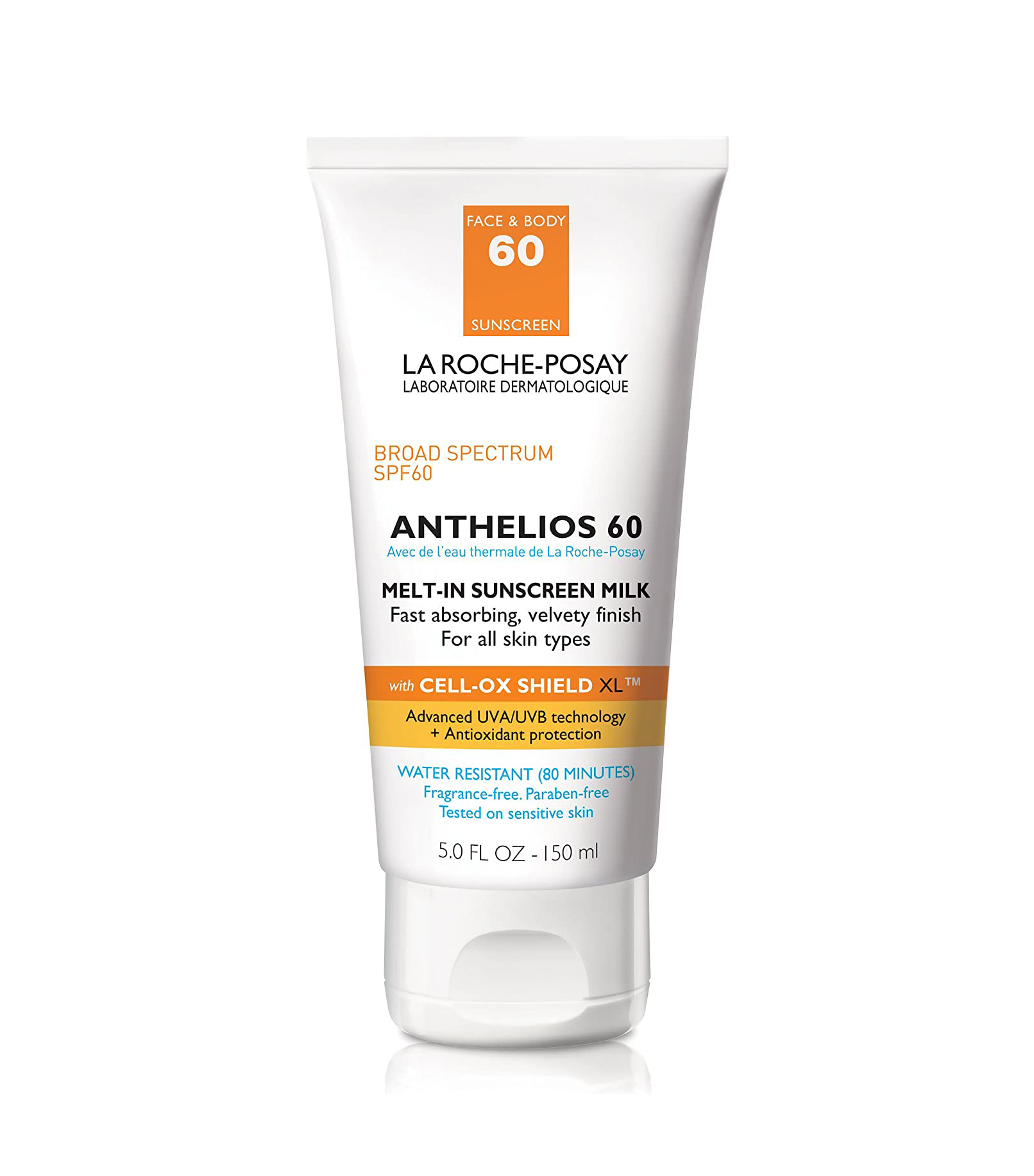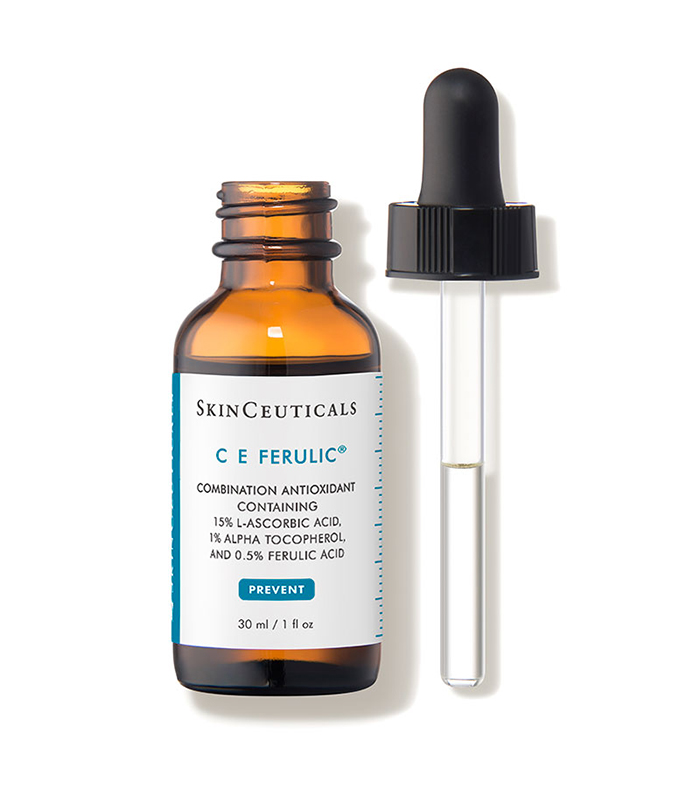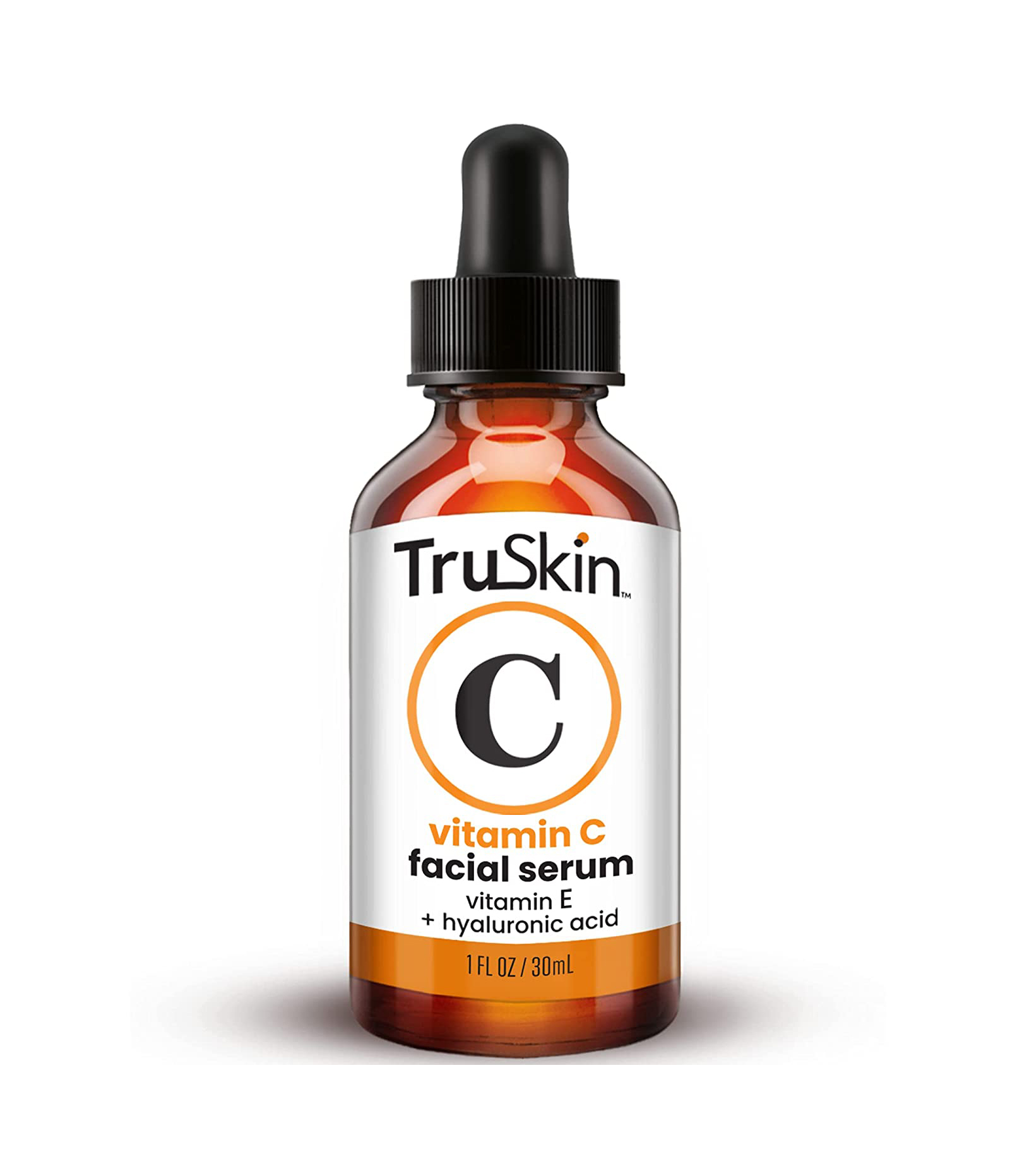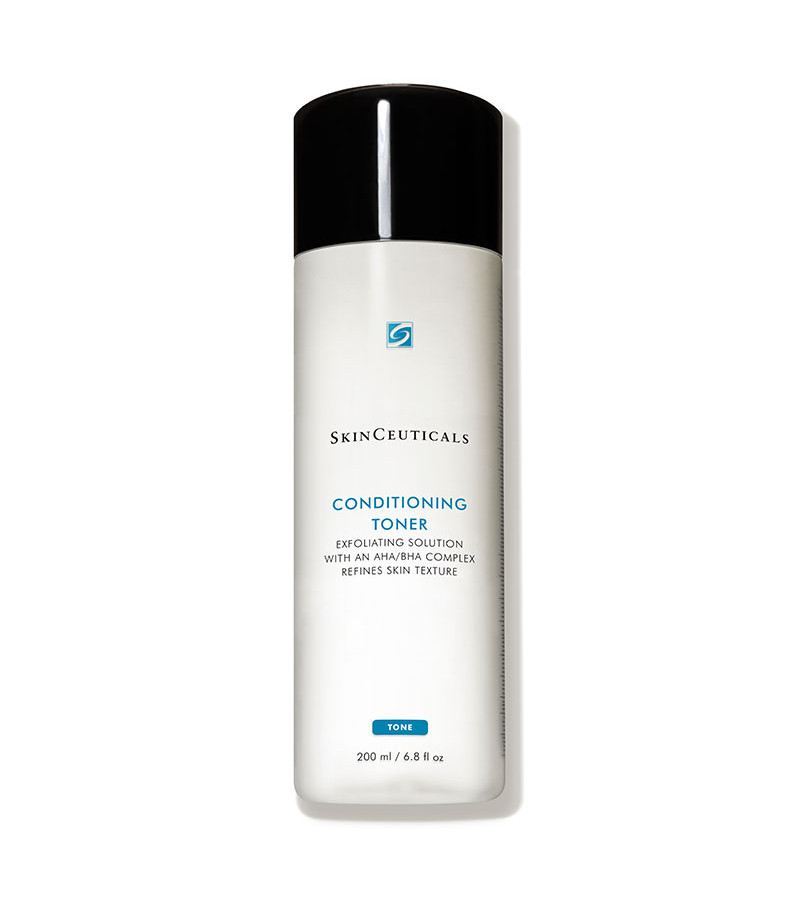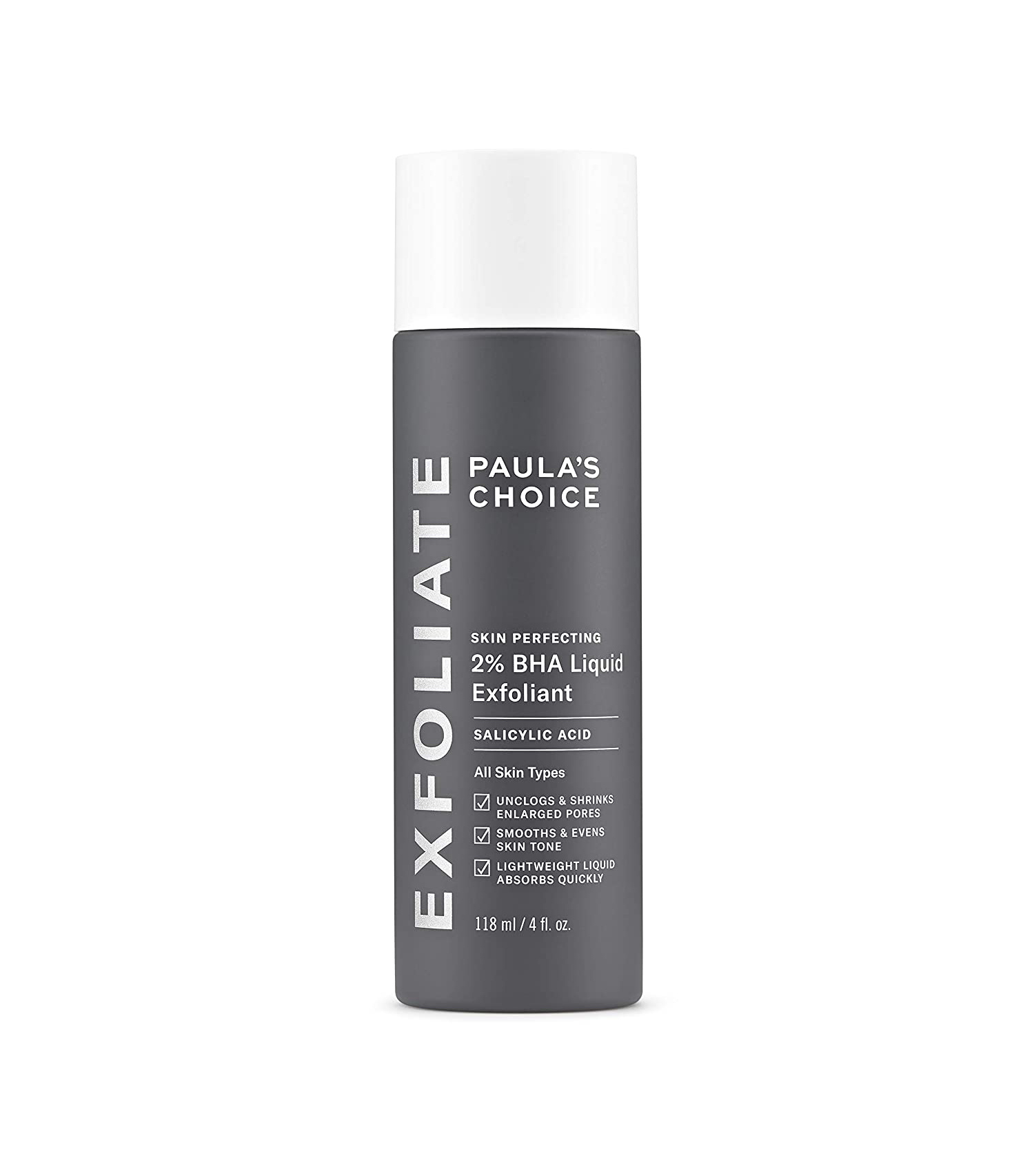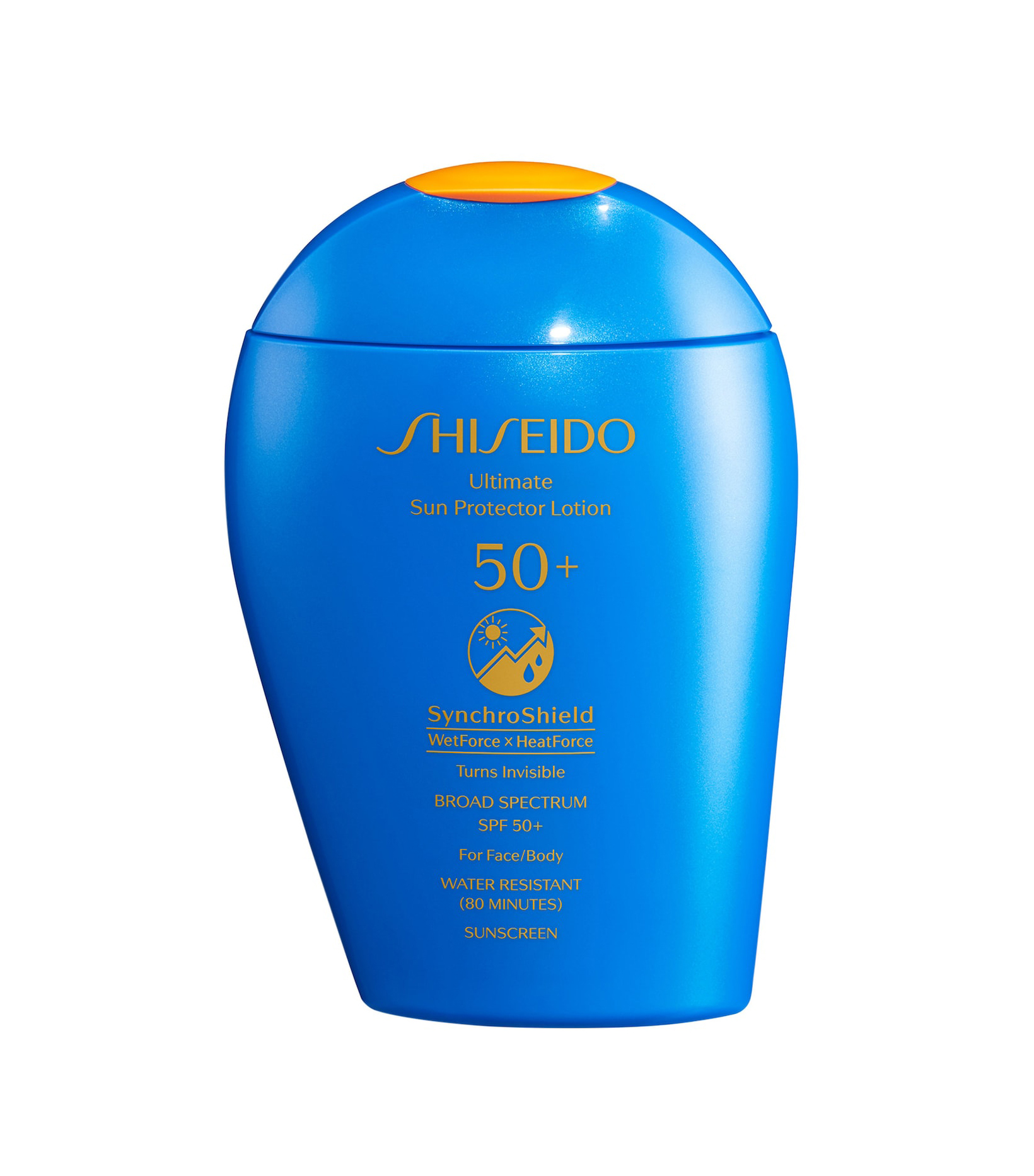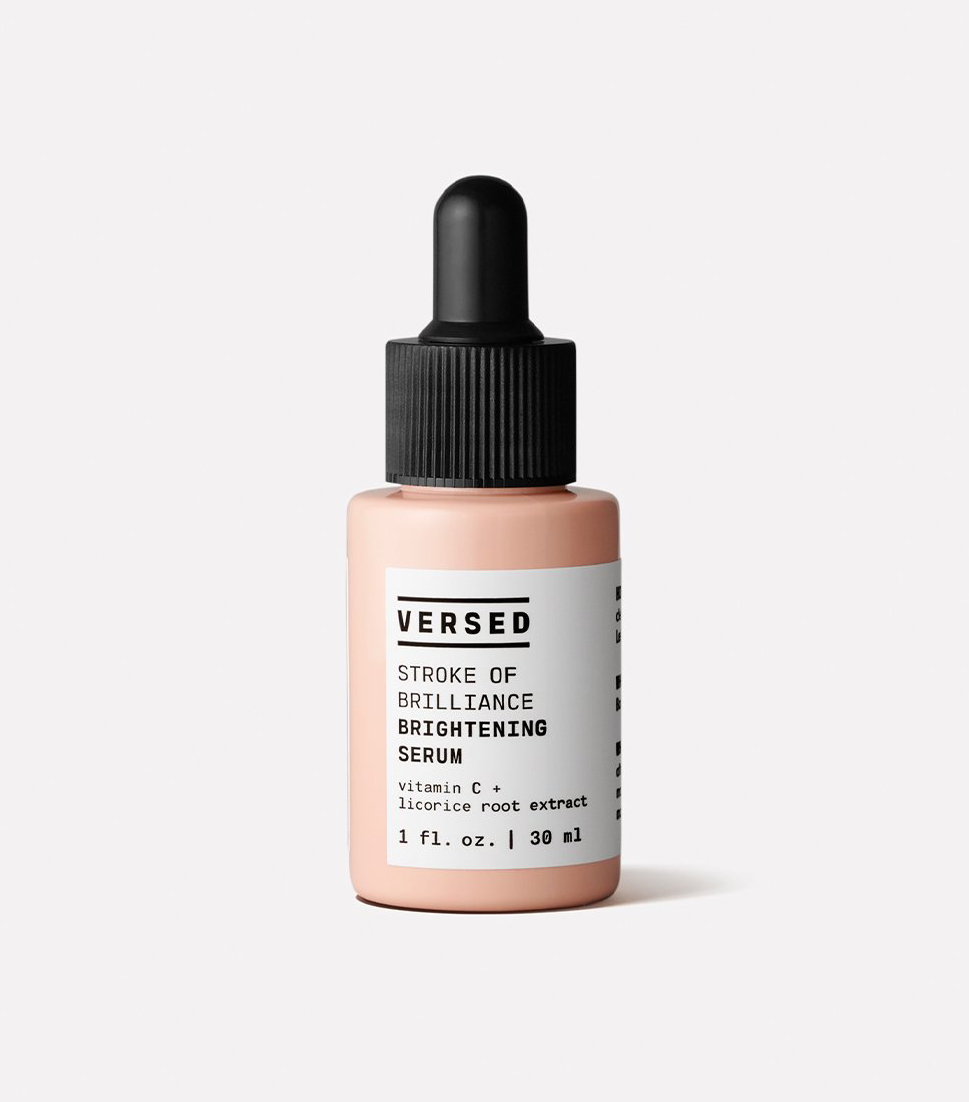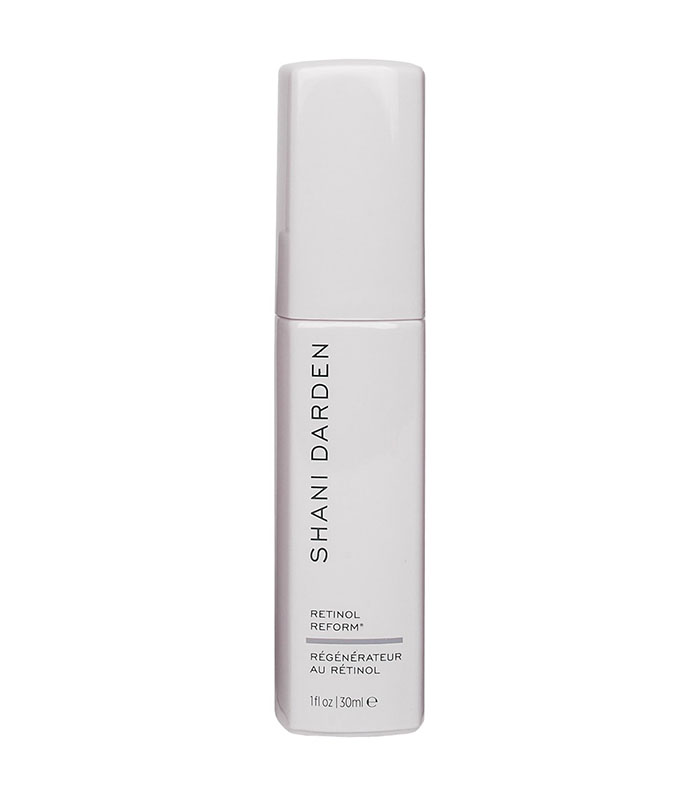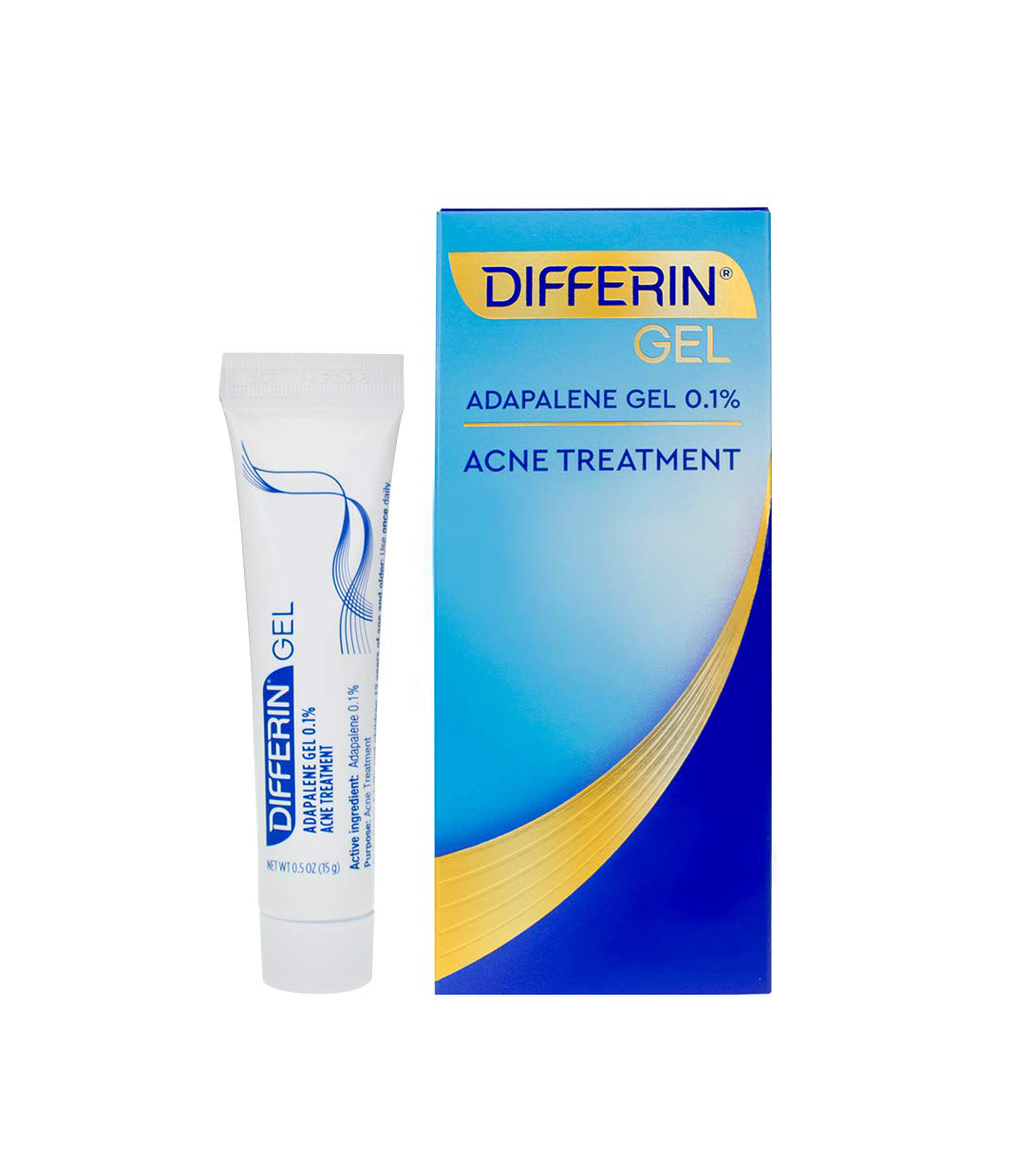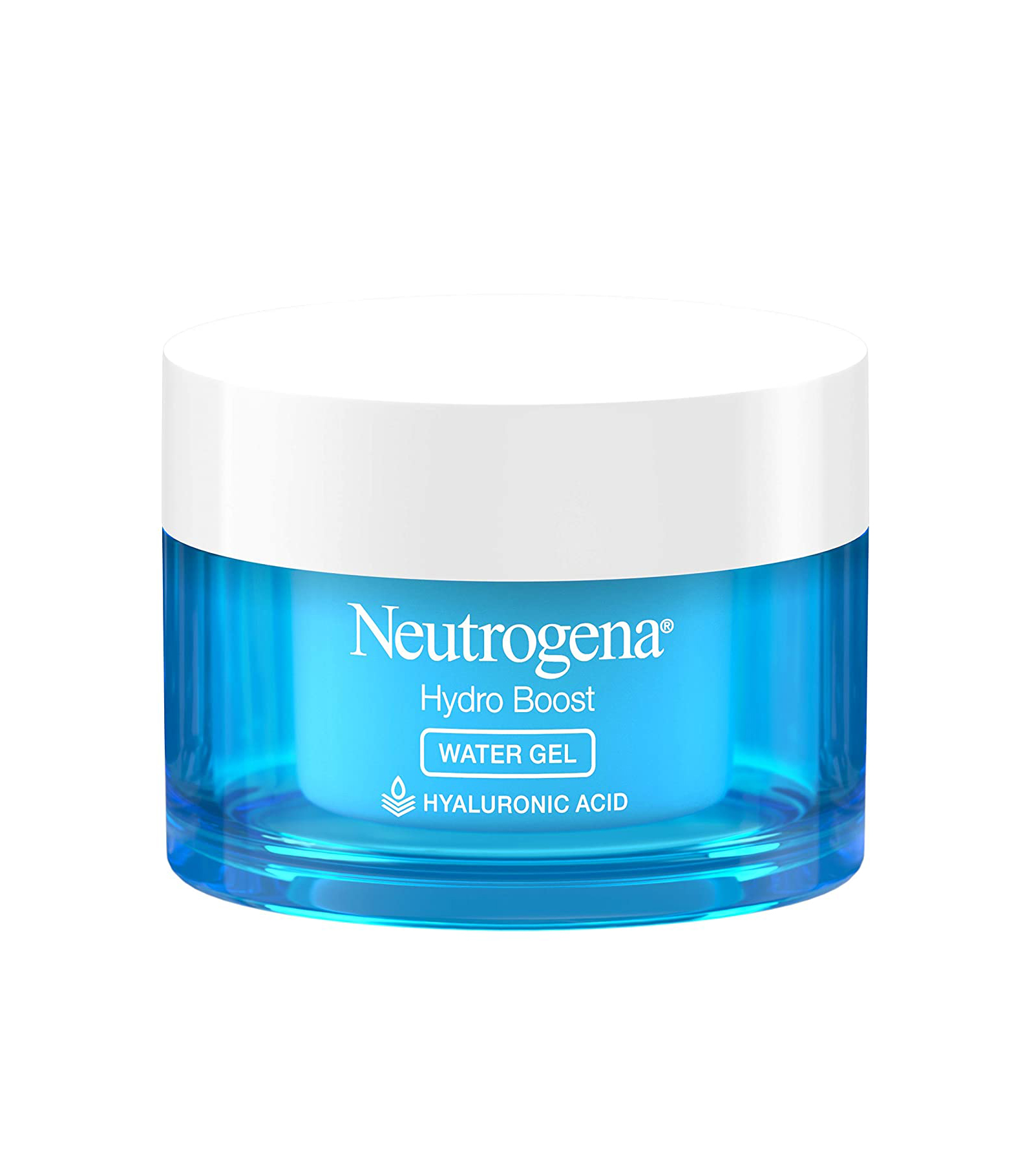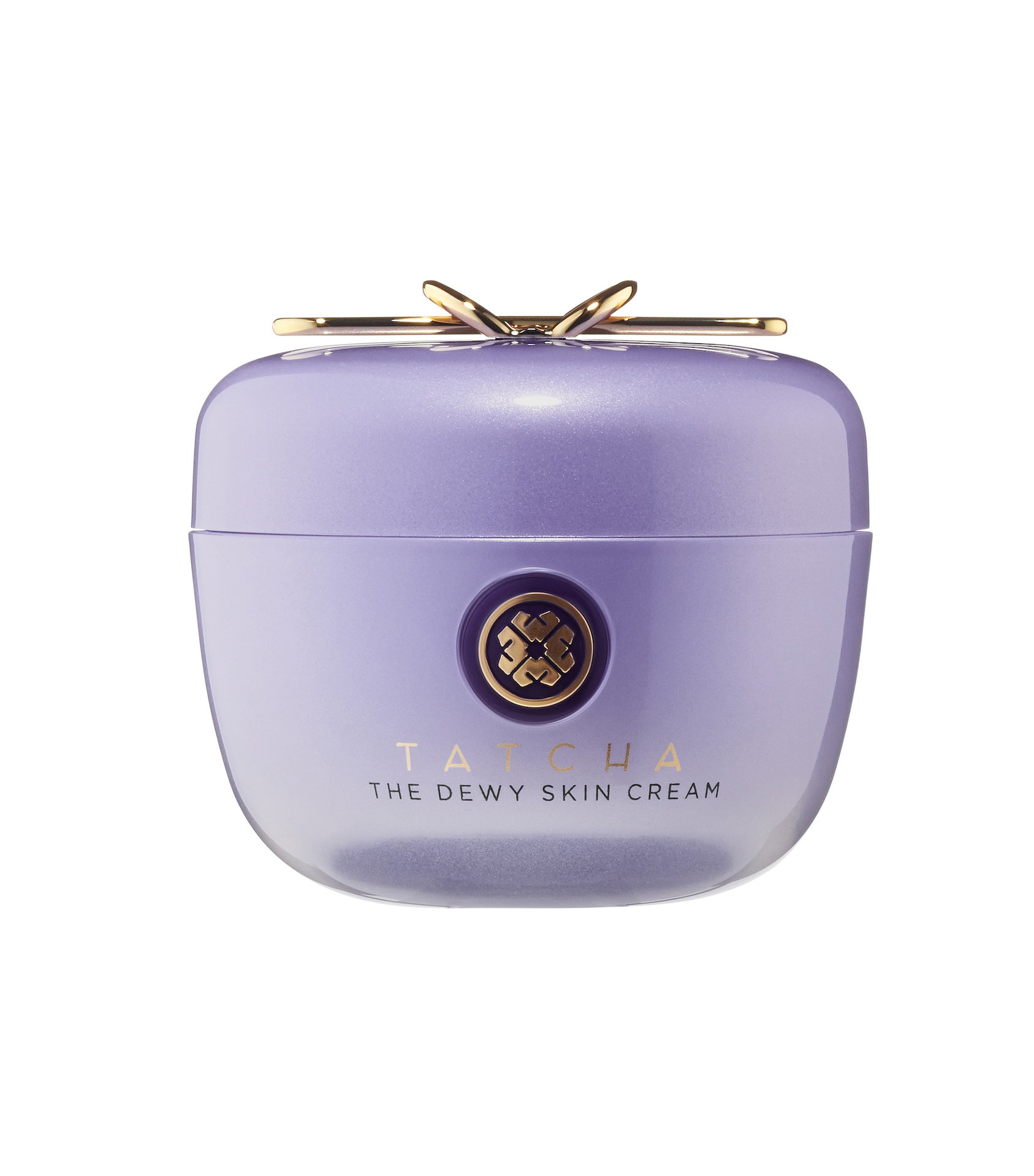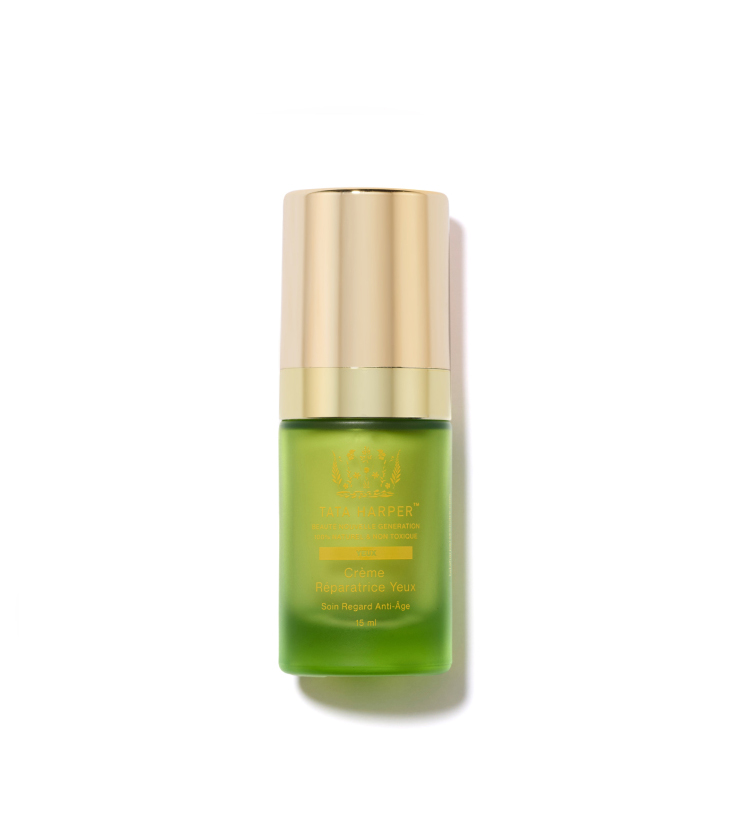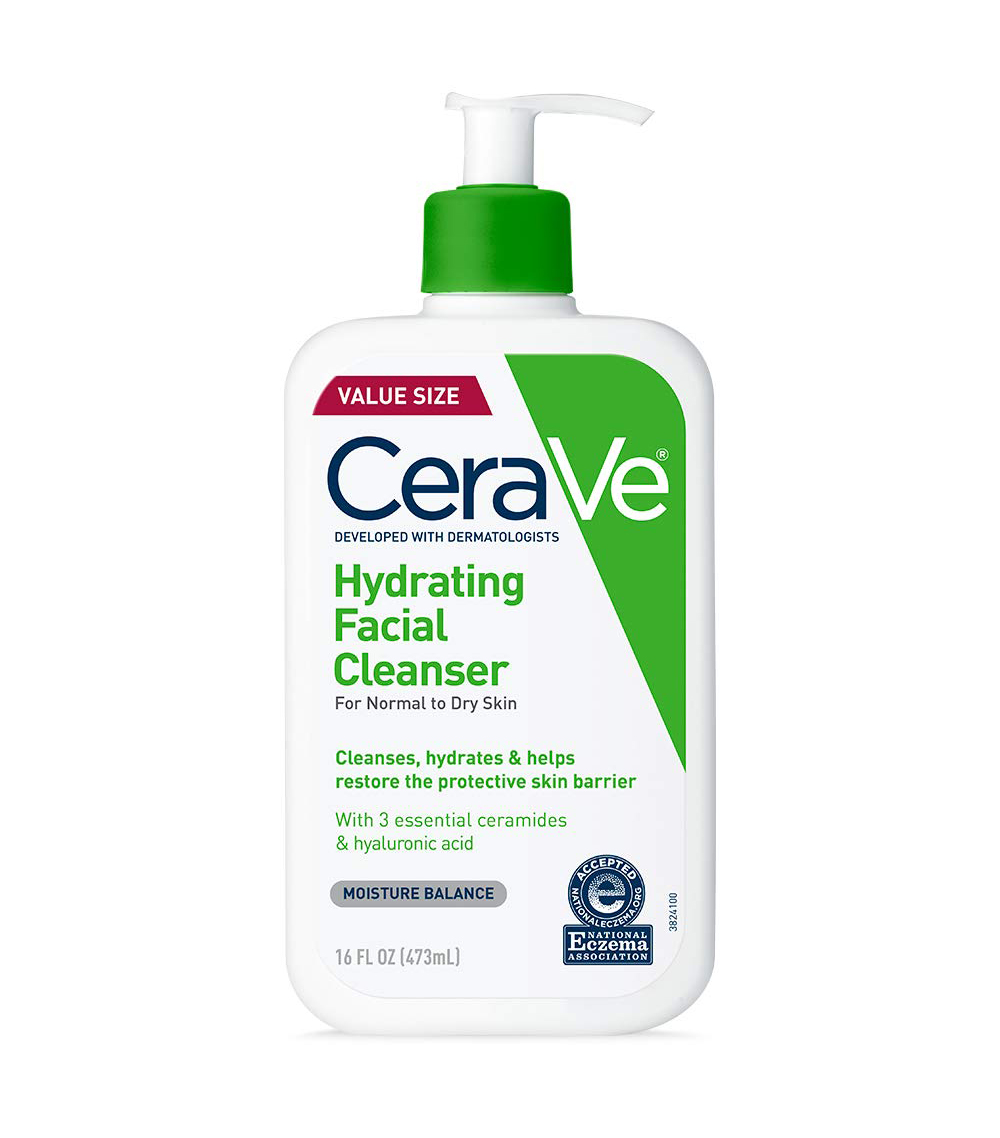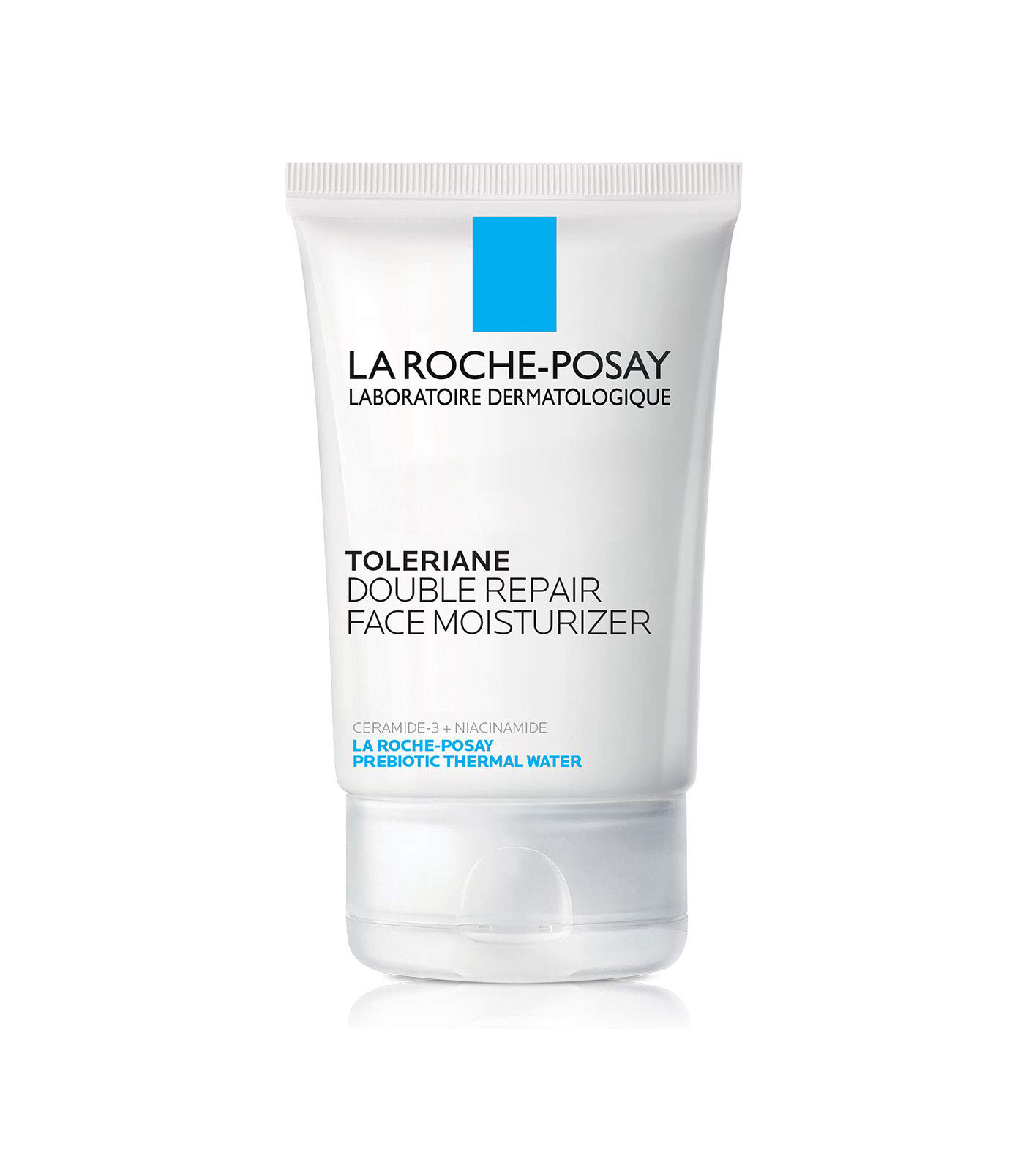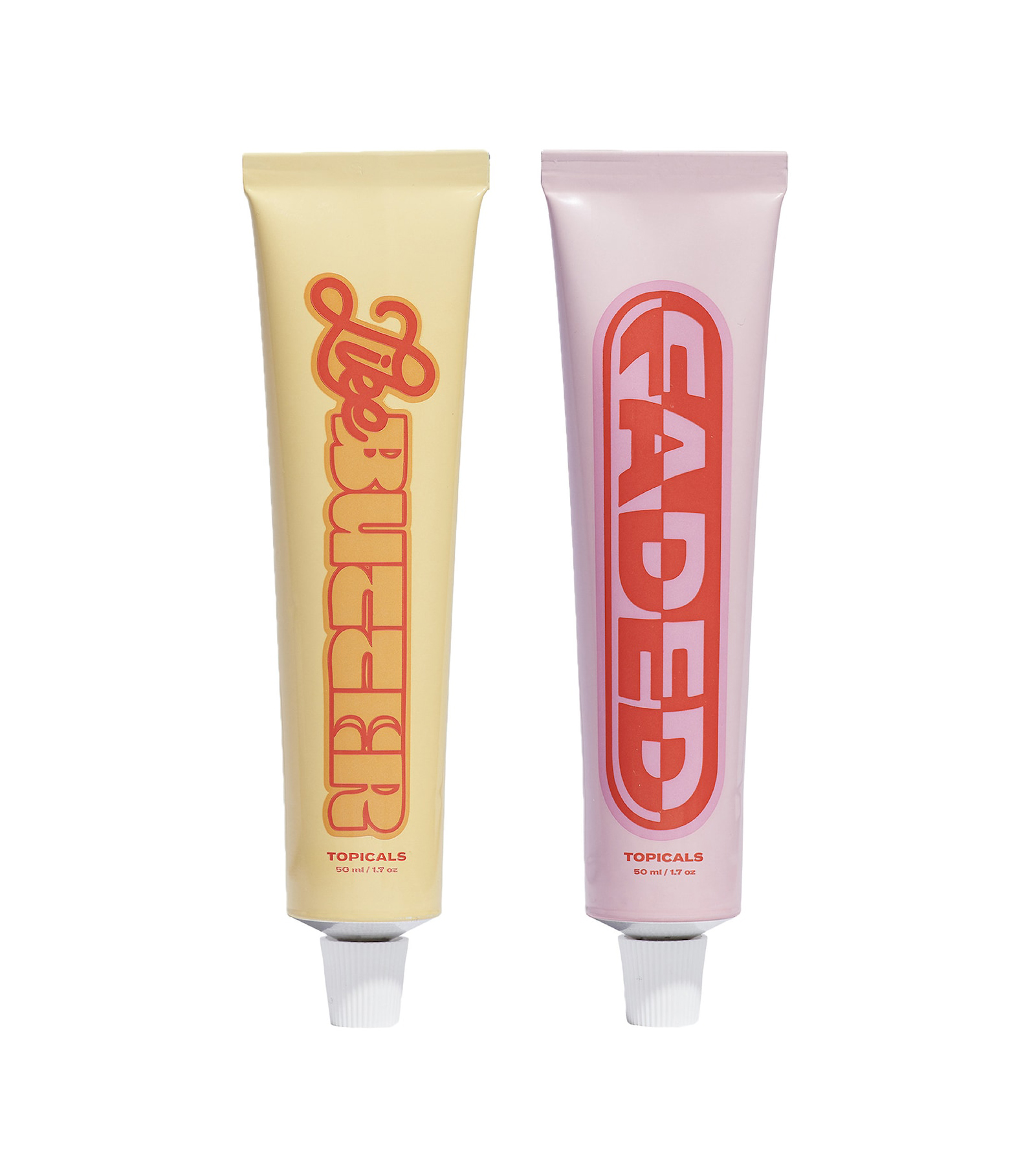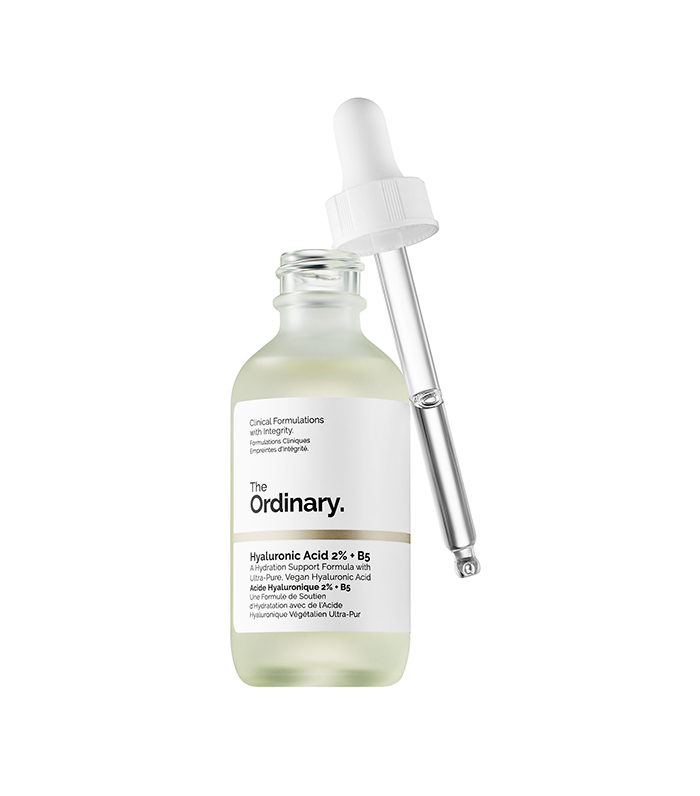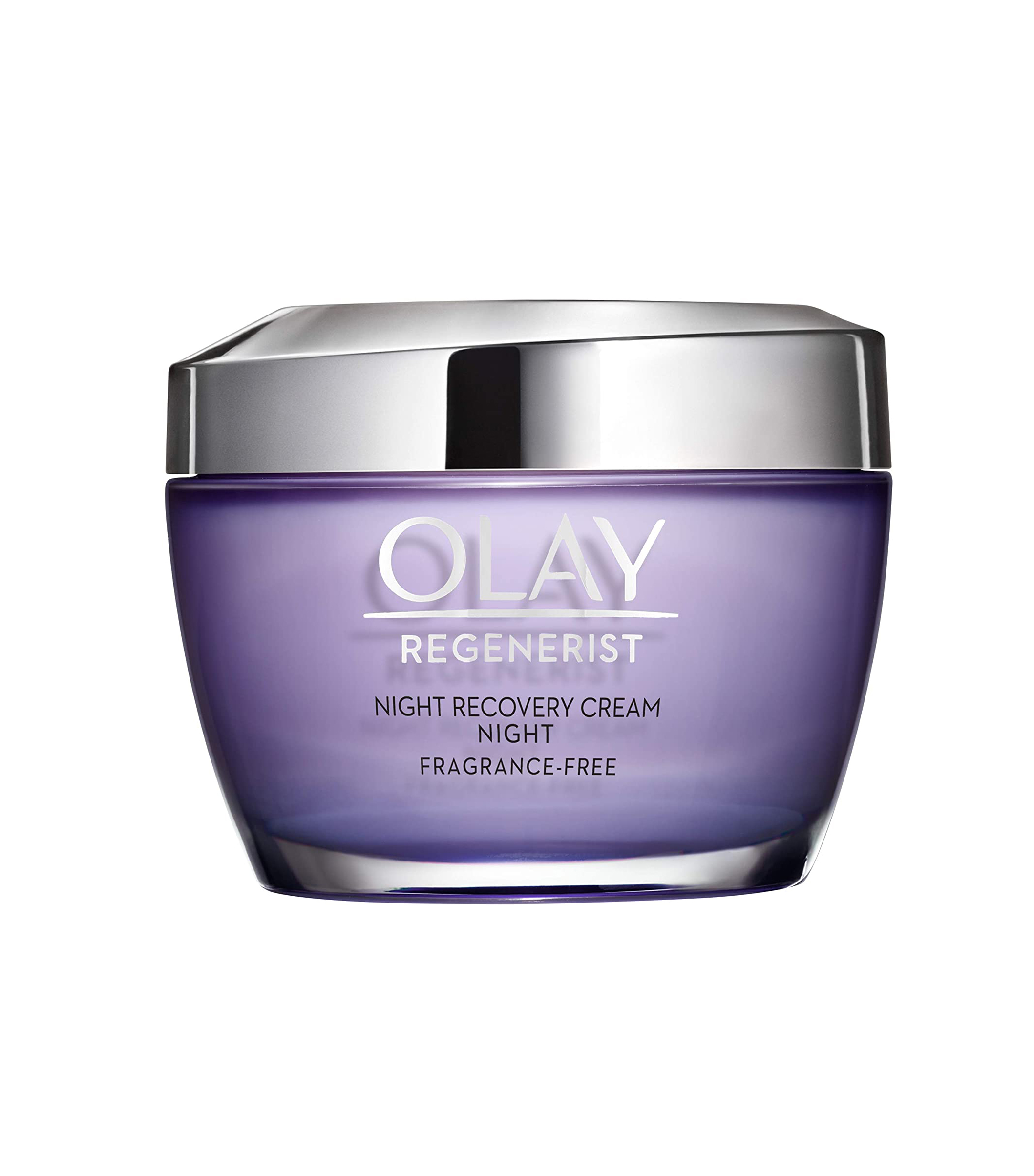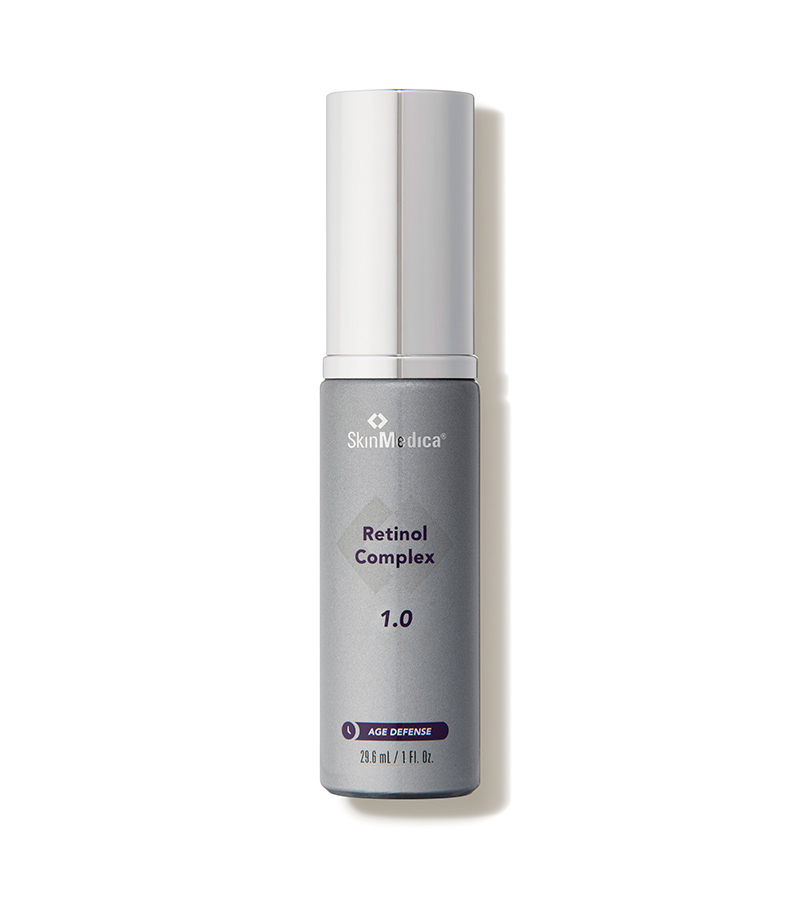I Got a Crash Course in Skincare This Year—Here's Everything I Learned
If you've been following some of my Who What Wear stories, you'll know that I've only recently become a beauty editor in the past year and some change. And if you haven't been following, well, now you know! You see, my normal 9-to-5 is covering all things wellness as the managing editor of THE/THIRTY, Who What Wear's wellness vertical. So my life was pretty much all about health, fitness, self-care, and mental health.
But when I got the chance to moonlight as a beauty editor, I was both apprehensive and excited. I'd never really covered beauty before and didn't consider myself an insider by any means. I'm the type of person who is very low-maintenance with makeup and haircare. I'd be happy with just some mascara, concealer, a brow product, and lipstick. And I air-dry my hair more than I actually style it, mainly out of sheer laziness.
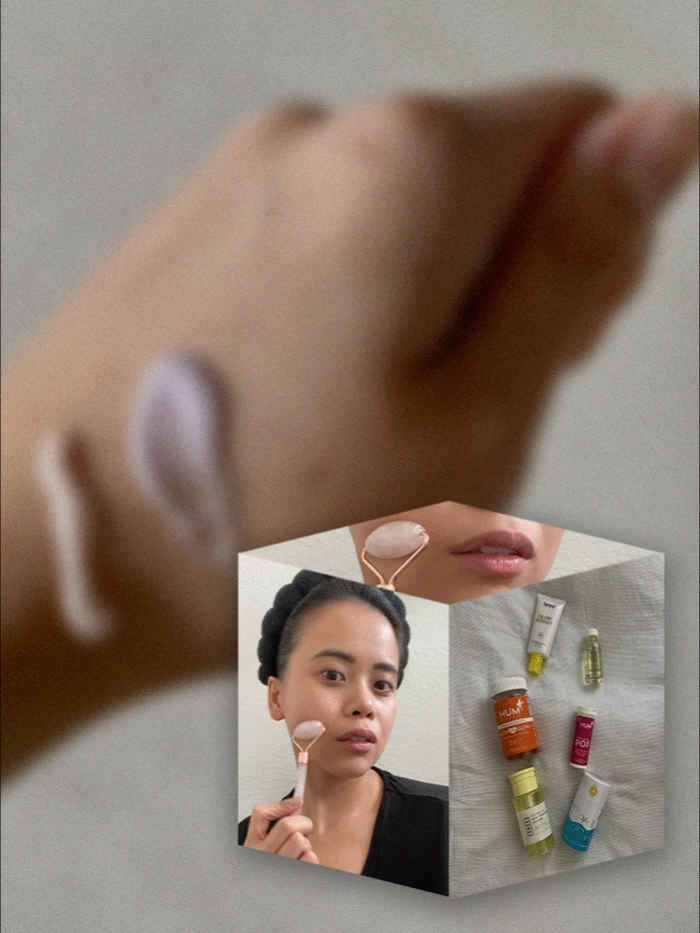
The thing that I love most about the beauty world, even before I started writing about it, is skincare. I've cared more about skincare routine than my makeup or hair routines, and that hasn't changed now that I know even more about all of the different products and ingredients out there. What's surprising is that as I've interviewed dermatologists and done research for skincare stories, I've found myself actually geeking out over the science of it all. And this is coming from a person who definitely did not enjoy high school science classes or the mandatory ones I had to take in college.
My skincare knowledge has grown exponentially over the past year, and I feel even more in control of my own skin's health. So I thought I'd share the best tips I've learned as a beauty editor. These were all "aha" moments for me, so maybe you'll feel the same, too. Take a look below.
1. Sunscreen Is Absolutely Essential
I always knew that sunscreen was so important, but I didn't realize exactly how important it was until I started learning more about beauty. Sun exposure can cause skin cancer, so it's vital that you apply sunscreen diligently and every day. Plus, UVA and UVB rays can damage the skin, causing wrinkles and brown spots.
It's recommended to apply sunscreen every two to three hours when you're outside, and yes, even when it's cloudy. And even if you're indoors, you should be wearing sunscreen because of sun exposure through the windows or blue light from our screens.
2. Vitamin C Is Awesome
Because I'm a wellness editor, I originally thought of vitamin C in supplement form, either in capsules or as a liquid. I didn't really think about applying it to your skin. But wow, once I started using a vitamin C serum, I never looked back. I learned that vitamin C is a powerful antioxidant and generally known as a "holy-grail" skincare ingredient. It neutralizes free radicals, lightens hyperpigmentation, targets wrinkles, fights acne, stimulates collagen, and promotes radiance. So yes, it does it all.
My favorite is SkinCeuticals' C E Ferulic, which always manages to leave my skin so smooth and glowy. I just let the compliments roll in. But if you can't splurge on that one, there are a bunch of other affordable options out there to add to your routine.
3. Exfoliation Is Key
My exfoliation routine wasn't exactly consistent before this. Basically, I would only exfoliate when I remembered or when I felt that dead skin building up (gross, I know). Now, I know that exfoliation is essential to sloughing off those dead skin cells and stimulating cell growth. By adding exfoliation to your routine, you'll be setting yourself up for glowy, radiant, and smooth skin. Plus, it helps your other products work harder and sink in better.
4. Memorize This Holy Trinity
I asked multiple dermatologists about the essential skincare products that everyone should have, and every one of them said the same three items: sunscreen, an antioxidant product, and retinol. So there you have it. If you are going to keep it to the bare minimum, you've got to start with this foundation, which is especially important if you want to stave off the signs of aging.
5. Knowing Your Skin Type Is Important
Understanding your skin type will help you figure out which products actually work best for you. Board-certified dermatologist Michelle Henry, MD, FAAD, told me that determining your skin type is the most important step in any skincare routine because it will set you up for success. You can find out more about skin types here in this explainer.
It's also important to remember that your skin can change over time due to factors like age, weather, and environmental stressors. So it can be helpful to evaluate your skin and its needs every so often to revamp your routine.
6. Think About Prevention
It's much easier to prevent damage than try to deal with damage, right? One of the most shocking revelations I've learned is that your skin can start to change in your mid- to late 20s, which I thought was pretty early! Libby Rhee, DO, FAAD, dermatology advisor for Rory and founder of Liora Dermatology and Aesthetics, told me that collagen, elastin, and your skin's ability to retain hydration start to decline at that time.
So what can you do? Make sure you're protecting and taking care of your skin. You don't have to have a 20-step skincare routine. Just using some essential products will make a difference. And even if you're out of your 20s, it's still not too late to start taking care of your skin. I'm 32, and I definitely wasn't so precious about my skin in my 20s, but now I'm starting to be more careful.
7. Be Consistent
Corey L. Hartman, MD, FAAD, a board-certified dermatologist and the founder of Skin Wellness Dermatology, said a skincare routine without consistency is worthless, and that really stuck with me. Weird comparison, but I likened it to not flossing until the night before you go to the dentist—well, you're probably not going to get great news.
So yeah, creating a routine that works for you and really sticking to it will ensure you see some results.
8. It's Okay to Change Up Products
But that doesn't mean that once you find a routine you can't make some edits. You might find that your skin will change over time and you'll have to adjust your products accordingly. Rhee said that might mean changing up products seasonally or throughout the week based on your skin's needs. She also added that it helps your skin not get so used to a product that it stops responding.
9. Be Patient
Who doesn't love instant gratification? Well, with most skincare products, you're sadly not going to get that. Whenever I try a new skincare product, like a night cream, I expect to see a full transformation when I wake up the next morning. But that's never the case. Skincare products need some time to work their magic (or not).
Board-certified dermatologist Amy Ross, MD, FAAD, told me it takes 28 days for our skin cells to turn over, so using products for a minimum of four weeks will give you an idea of whether the product works or doesn't.
Sarah is lifestyle writer and editor with over 10 years of experience covering health and wellness, interior design, food, beauty, and tech. Born and raised in Los Angeles, she attended New York University and lived in New York for 12 years before returning to L.A. in 2019. In addition to her work at Who What Wear, she held editor roles at Apartment Therapy, Real Simple, House Beautiful, Elle Decor, and The Bump (sister site of The Knot). She has a passion for health and wellness, but she especially loves writing about mental health. Her self-care routine consists of five things: a good workout, “me” time on the regular, an intriguing book/podcast/playlist to unwind after a long day, naps, and decorating her home.
